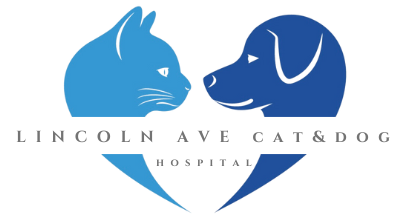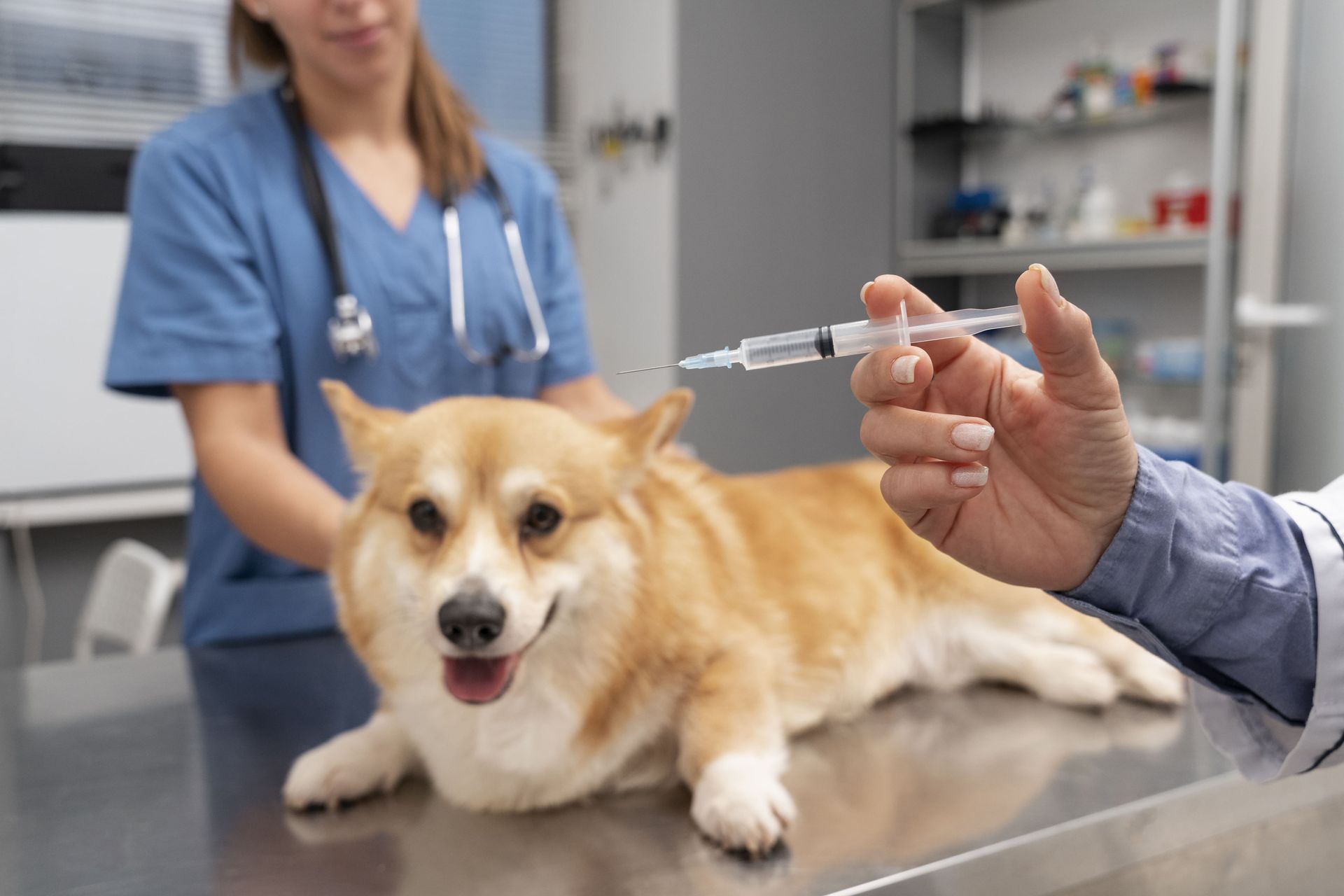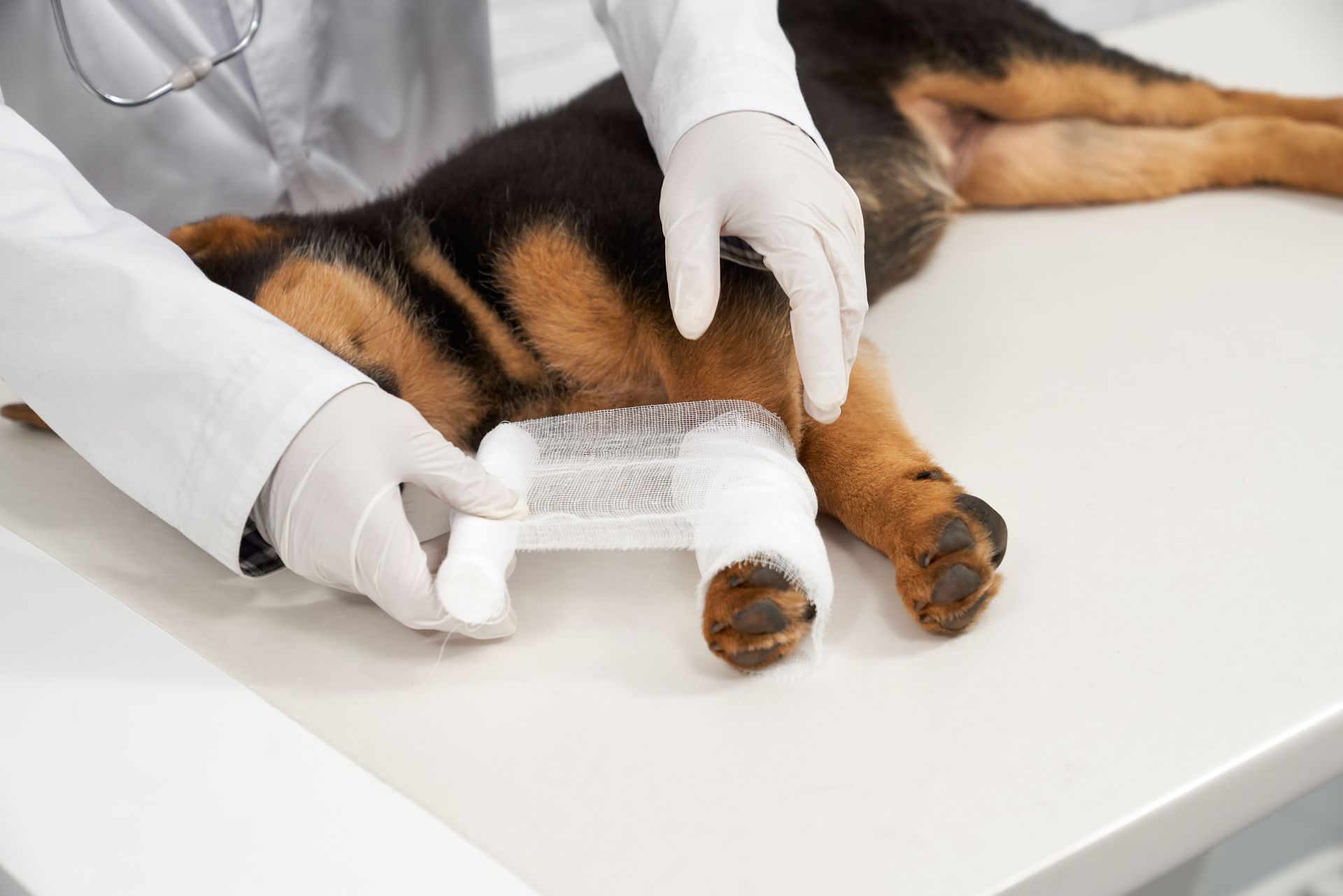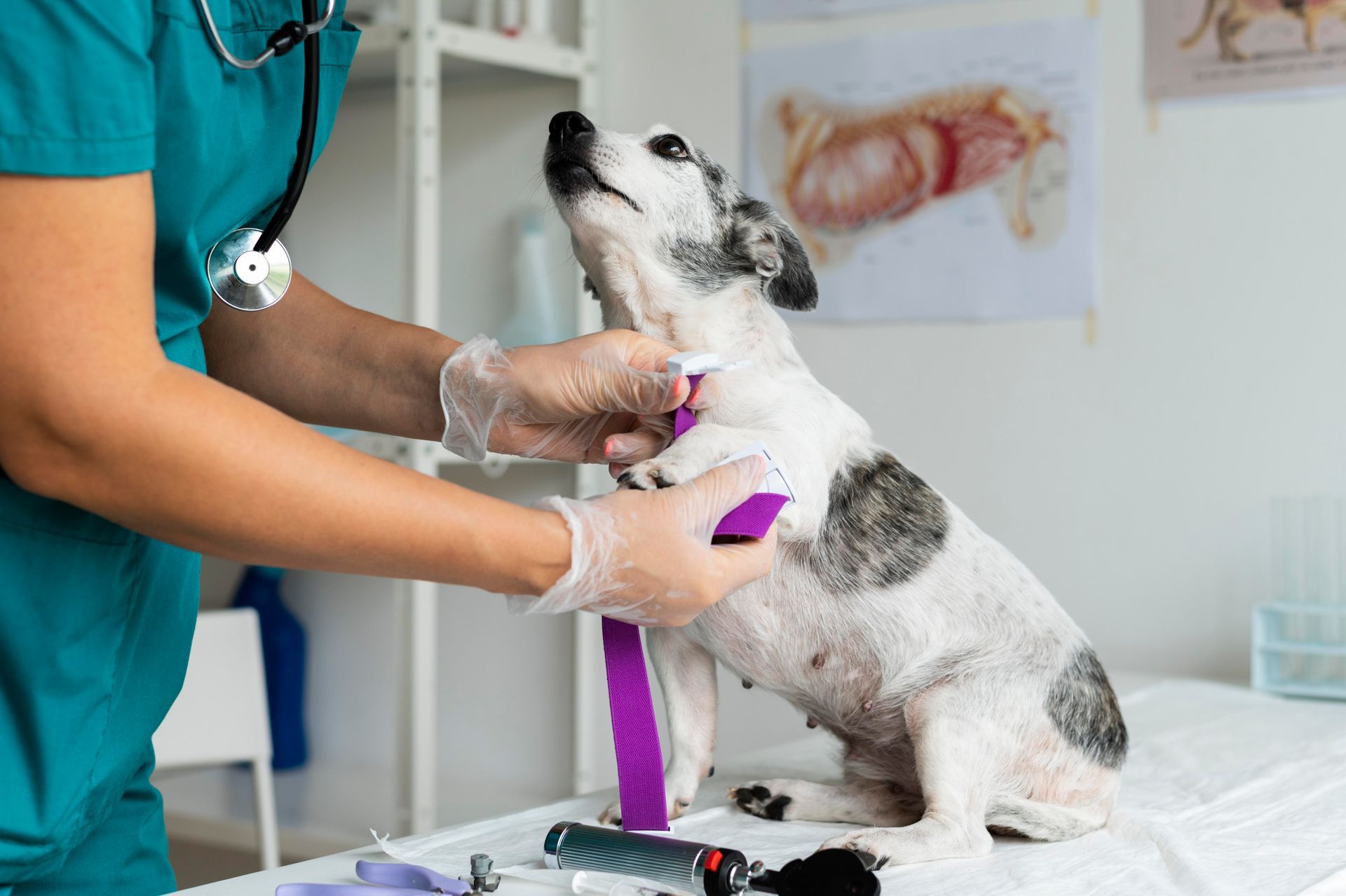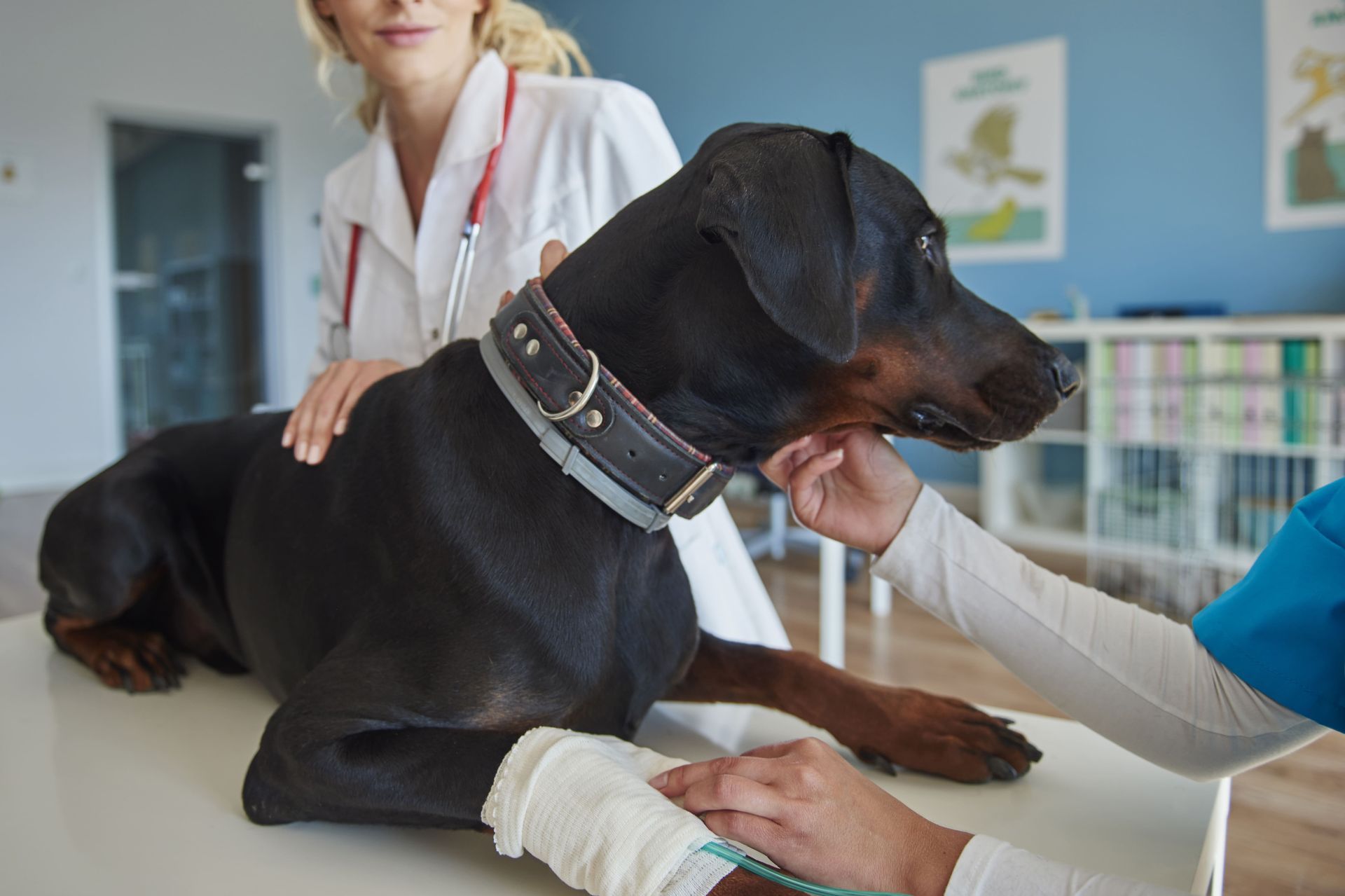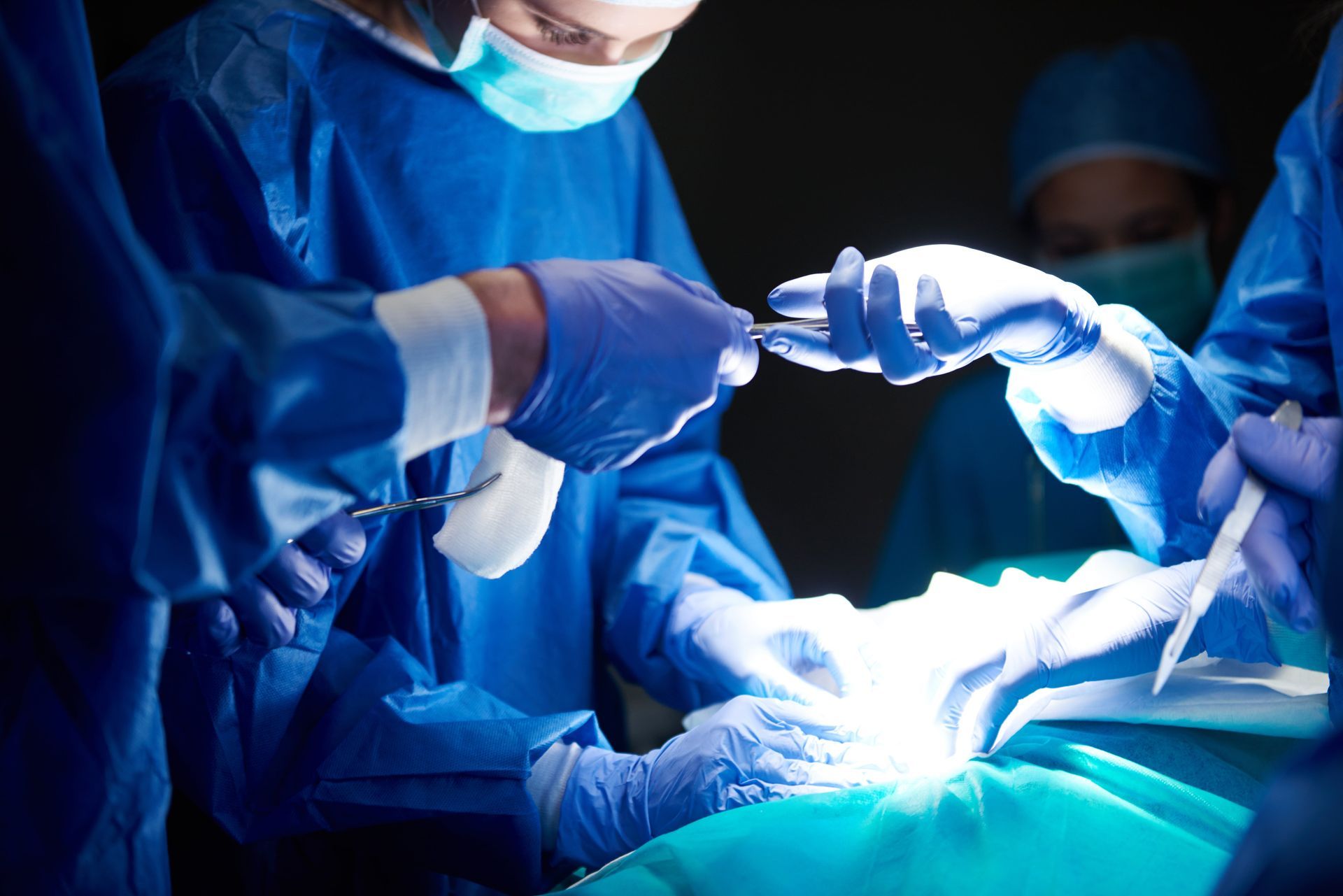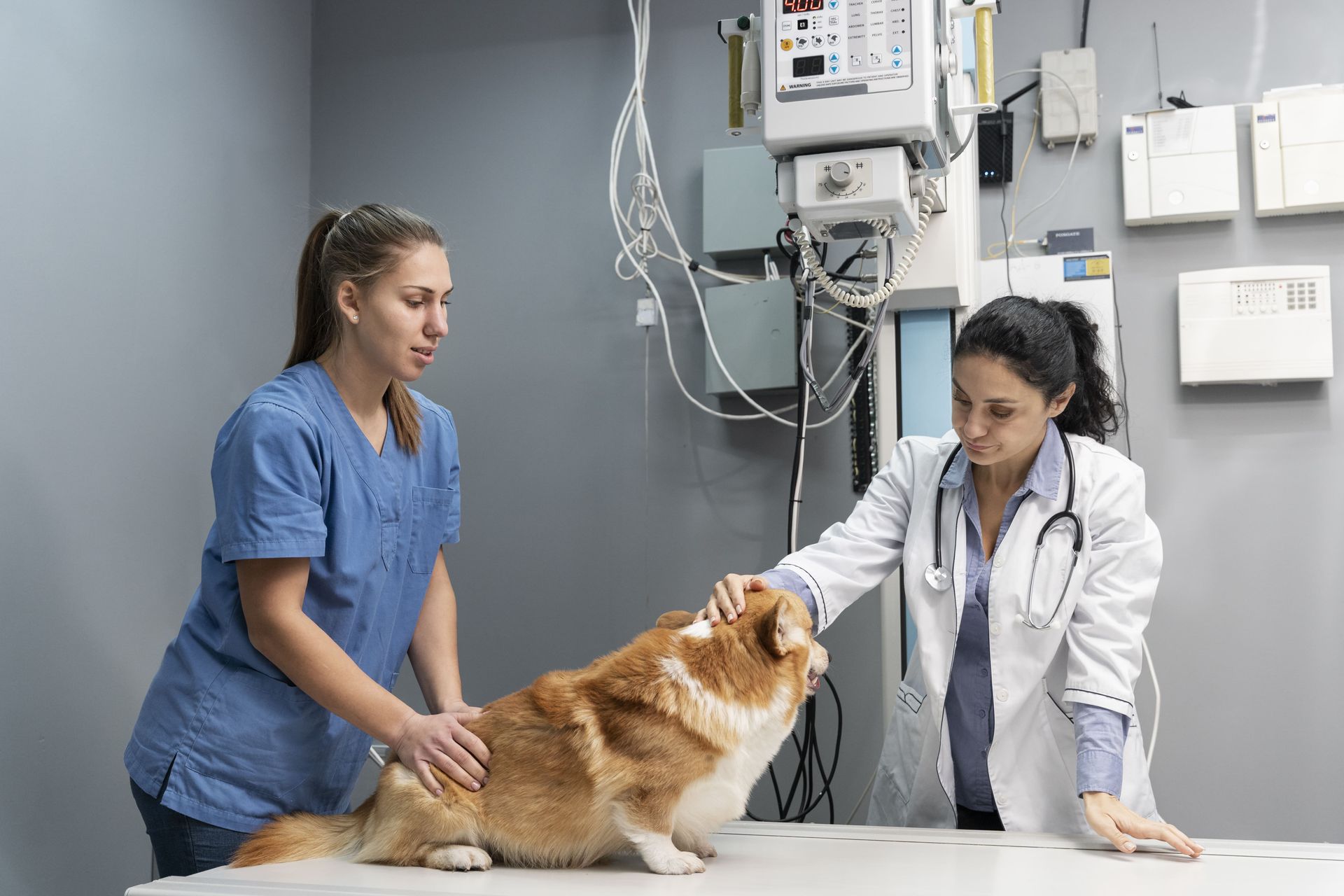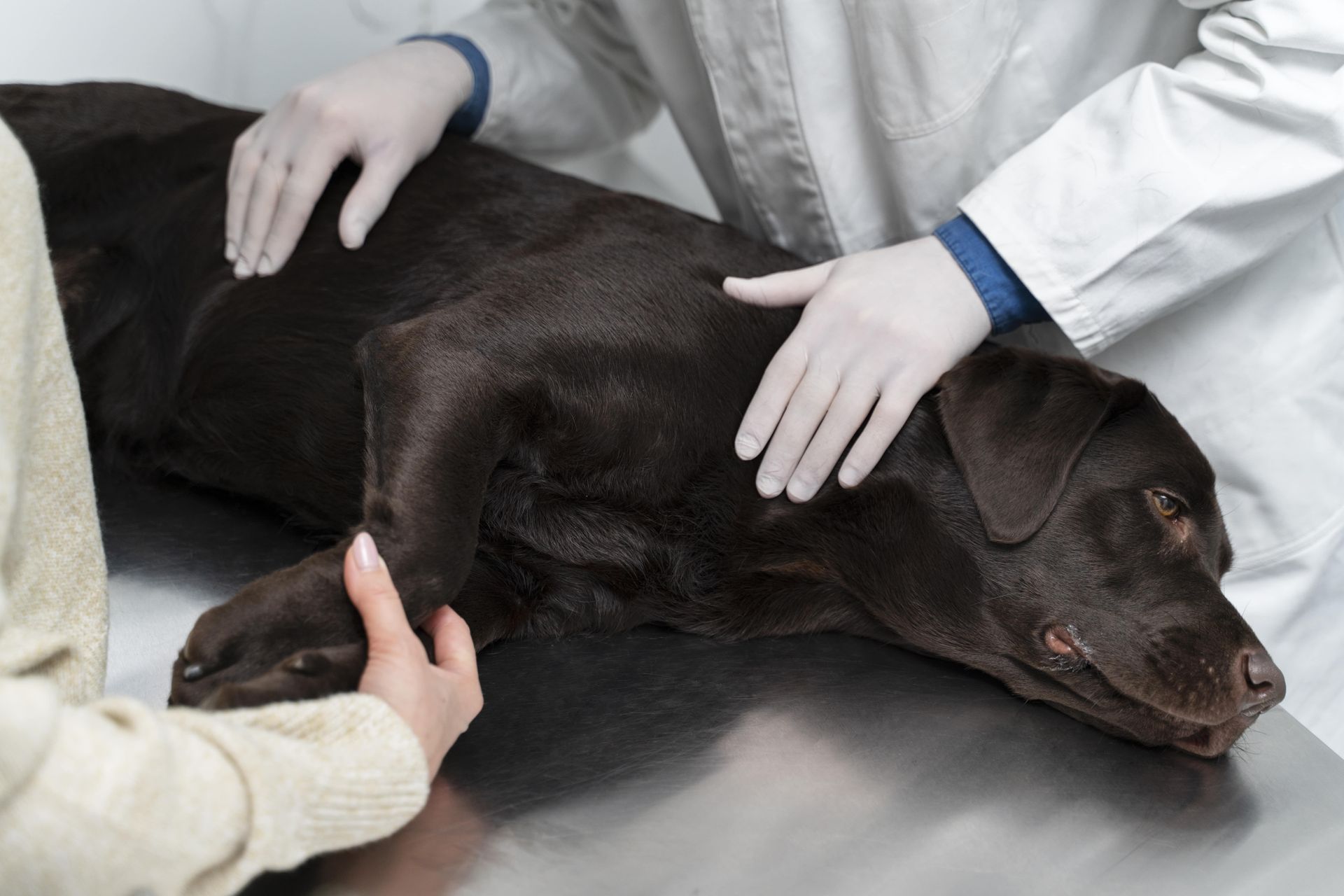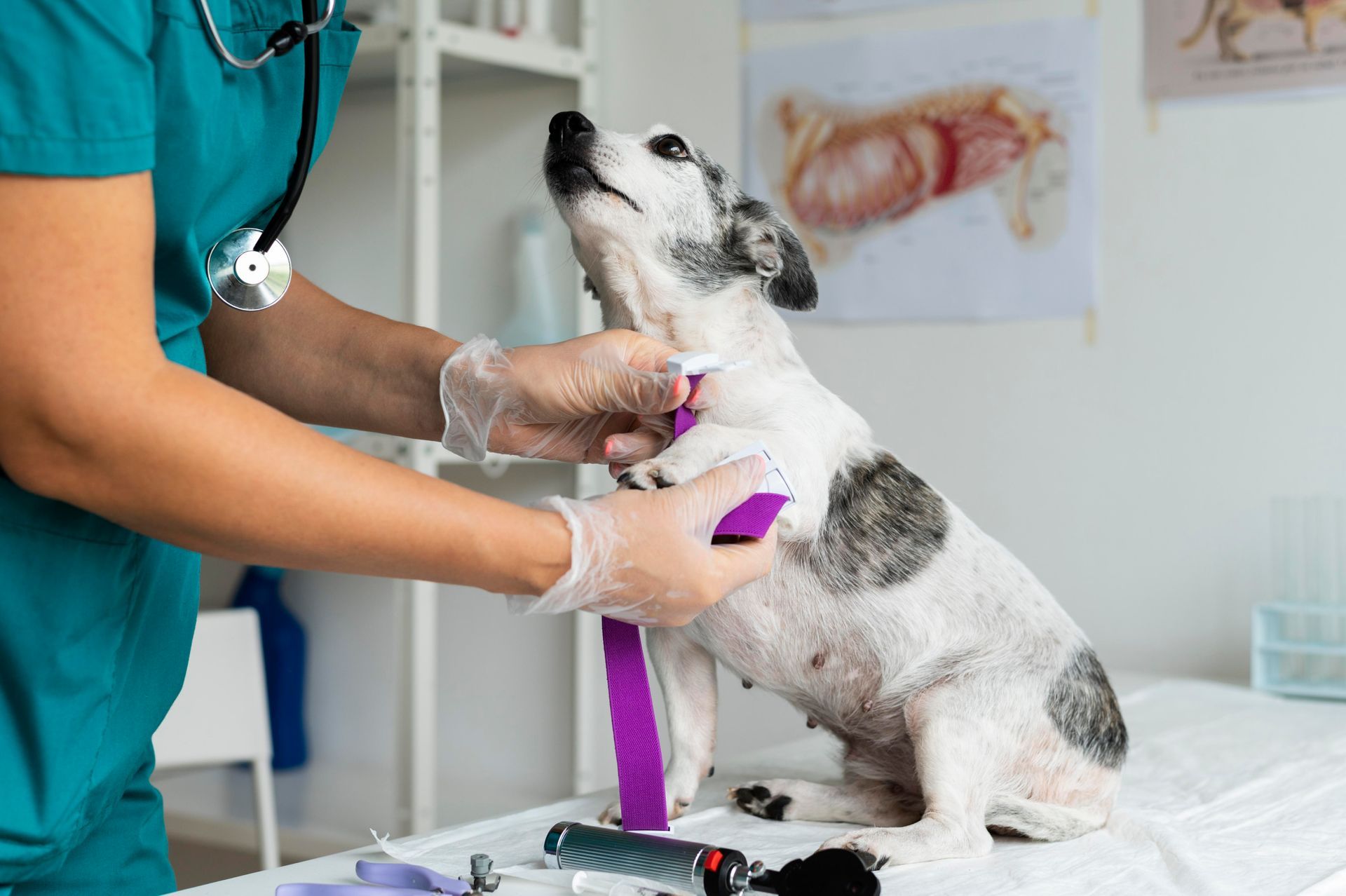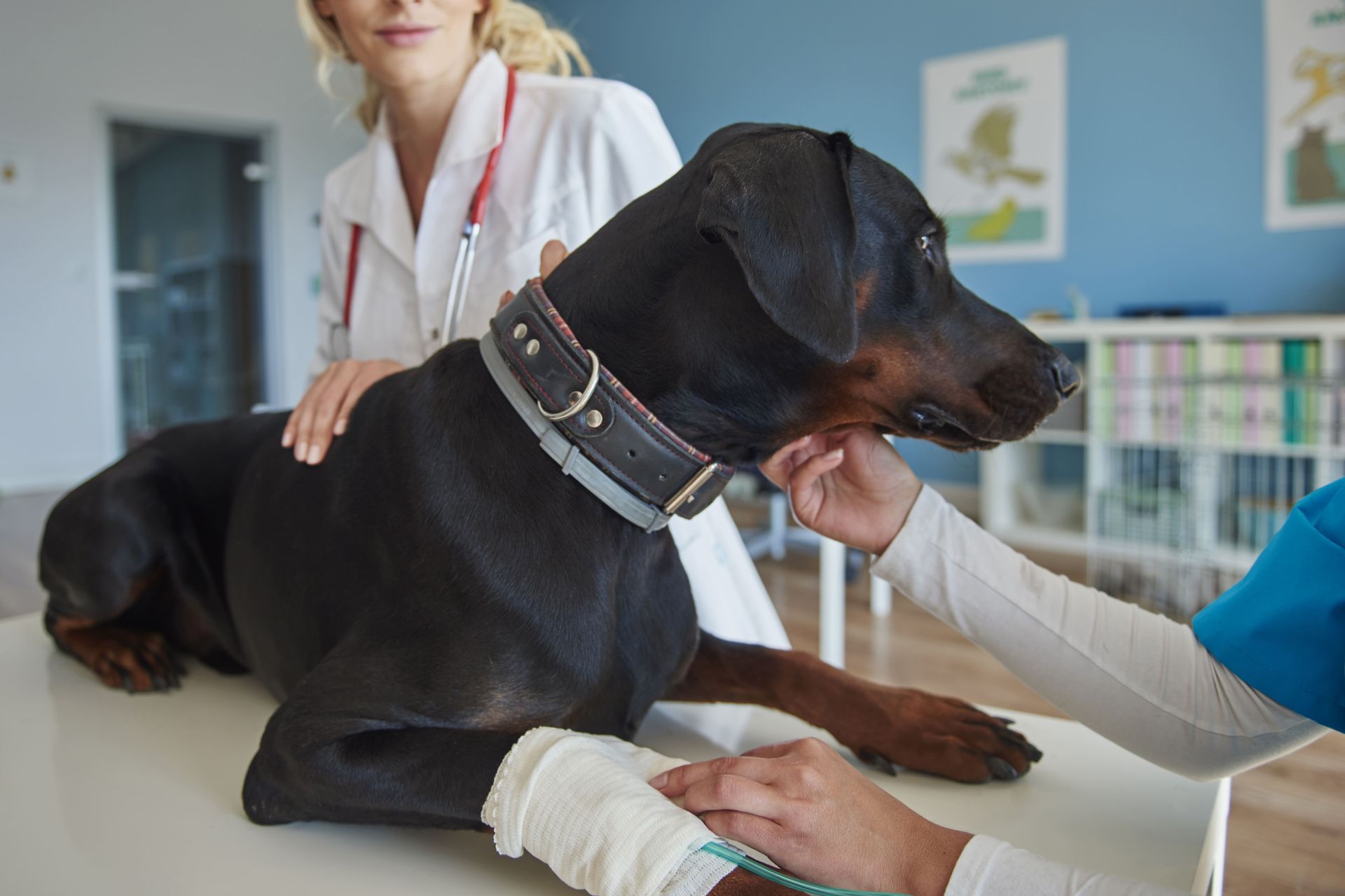How to Prepare Your Pet for Animal Surgery
Preparing your beloved pet for animal surgery can feel overwhelming, especially when you’re unsure what to expect. Whether it’s a routine procedure or a more complex operation, the days leading up to surgery can bring a wave of emotions—anxiety, concern, and even confusion. But with the right guidance, you can turn that worry into confidence.
This article is here to walk you through every essential step, from talking to your vet and understanding fasting rules to creating a cozy recovery space and following post-surgery care. When you know what to expect and take proactive measures, you not only reduce your pet’s stress but also ensure a smoother, safer healing journey.
Your pet depends on you to advocate for their health. With thoughtful planning and a little extra care, you’ll be better prepared to support them before, during, and after animal surgery. Let’s get started on this important journey together.
Consult with Your Veterinarian
Before any animal surgery, it's essential to discuss the details with your veterinarian. They can provide you with important information about the procedure and any special pre-operative instructions you must follow.
Scheduling a pre-surgery consultation is a great first step. Not only will this give you the opportunity to ask any questions, but it also allows the vet to explain the procedure, anesthesia, and recovery expectations in detail. Open dialogue is crucial–don't hesitate to bring up all your concerns. It's also a good idea to discuss any changes in your pet’s behavior, such as appetite or energy levels, as these could affect the animal surgery or recovery.
One vital aspect to inquire about is any potential risks associated with the animal surgery. Understanding these risks through a thorough discussion with your vet can help you weigh the pros and cons, ultimately leading to a well-informed decision about your pet's health.
Feeling prepared is key. Consider bringing a notebook or a friend to help you remember all the details discussed during the consultation. You might also find it helpful to ask about the vet's post-operative protocols to better prepare yourself for the post-surgery phase.
Tip: Some clinics may provide a printed checklist—don’t hesitate to request one!
Prepare for Fasting
Most animal surgeries require your pet to fast the night before. Make sure you understand when your pet should stop eating and drinking to avoid any complications during anesthesia.
Timing is everything when it comes to fasting. Generally, pets should stop eating around midnight the night before animal surgery, but you should confirm the specifics with your vet, as sometimes guidelines may vary based on the type of surgery or the pet's health condition.
If your pet has a special dietary requirement or medical condition, inform your vet. Adjustments to fasting protocols may be necessary to cater to specific needs, ensuring the fasting process doesn’t negatively impact your pet’s health.
Creative tip: Use a sticky note on the food container to remind all family members not to feed your pet.
Create a Comfortable Recovery Space
After animal surgery, your pet will need a peaceful place to rest and recover. Prepare a quiet, comfortable area where they can be away from noise and other animals for optimum healing.
Recovery is an essential part of the animal surgery process. Creating a designated recovery space at home can make a significant difference in how smoothly your pet heals. Choose a quiet room with minimal foot traffic and keep this area free of any hazards or objects that could disturb your pet’s rest.
A soft bed, fresh water, and their favorite toys can make the space more inviting. Place everything within easy reach so that your pet can comfortably nap or entertain themselves without needing to move far or strain themselves.
Comfort tip: A warm blanket from the dryer (just slightly heated) can offer extra coziness post-op!
Understand the Post-Surgery Care
Talk to your vet about the post-operative care your pet will need. This may include administering medications, checking surgical sites, and scheduling follow-up visits.
Post-animal surgery care can vary significantly depending on the procedure. The vet will likely provide specific instructions on how to care for the surgical site, such as keeping it clean and monitoring for signs of infection or dislodged stitches.
Administering medications is another important part of recovery. Make sure you understand the dosages and timing. If you have any doubts, it's best to call your vet for clarification.
Many pet parents find it helpful to set alarms or reminders to stay consistent with medication schedules. A little organization can go a long way in supporting a successful recovery from animal surgery.
Final Thoughts on Preparing Your Pet for Animal Surgery
Ensuring your pet is well-prepared for animal surgery will help both you and your furry companion feel more at ease. By following these steps and maintaining open communication with your veterinarian, you're giving your pet the best chance for a smooth procedure and recovery.
Remember, every pet is unique—some bounce back quickly while others may take a little more time and love. Patience, care, and preparation can make a world of difference.
We're always here to assist you with these needs. Visit our homepage to learn more about how we can support you through your pet’s animal surgery journey.
Frequently Asked Questions (FAQs)
Q-1. How long should my pet fast before animal surgery?
Ans: Most pets should fast for about 8–12 hours before animal surgery, but always confirm the exact timing with your veterinarian.
Q-2. What are the common side effects after animal surgery?
Ans: Mild lethargy, reduced appetite, or slight swelling around the incision site are common. However, anything severe should be reported to your vet immediately.
Q-3. Can I stay with my pet before the animal surgery?
Ans: Many clinics allow pet owners to stay with their pets during check-in. Some even allow calming visits before anesthesia, depending on clinic policies.
Q-4. How do I know if my pet is healing properly after animal surgery?
Ans: Watch for signs of normal healing, like decreased swelling and improved mobility. If there’s redness, pus, or your pet appears to be in pain, consult your vet right away.
